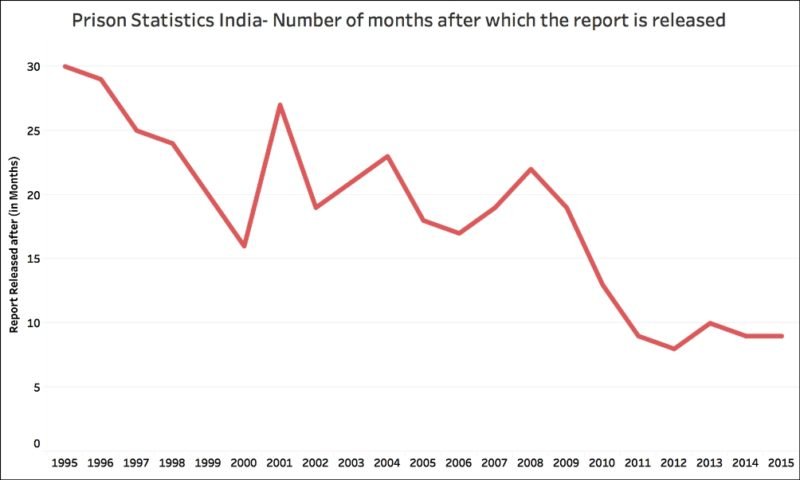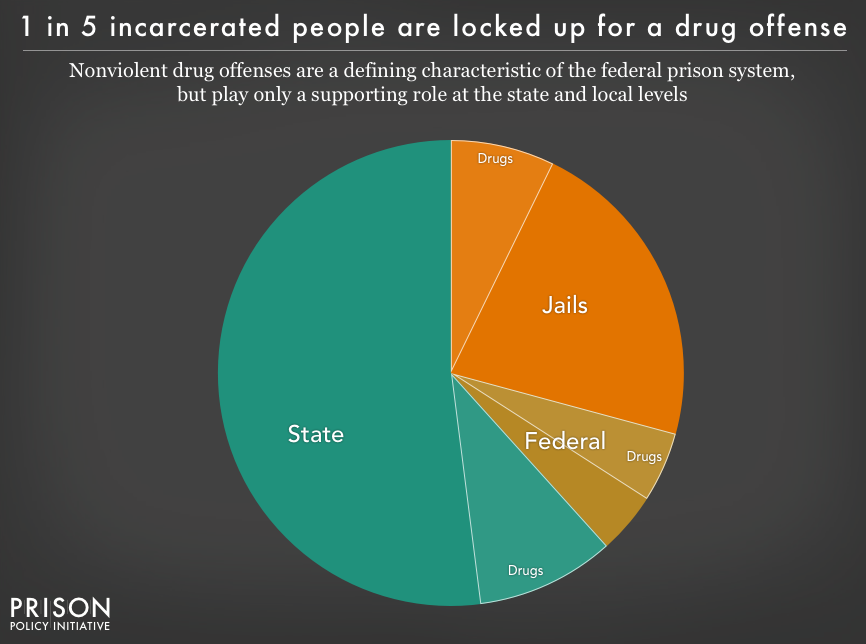Rape
victims
Abused
Children
Abandoned
children
Child
labour
Drug
Abused
Prisoner's
Children
Rape Victims
Rape Victims – child who undergoes sexual assault and who can’t get rid from that.
Molested children who has undergone terrible attack for which they were not accountable. They are insist by someone to do something which are unwanted to them.
There are many causes for sexual abuse, those are
- Anger
- Power
- Sadism
- Sexual pleasure
- Attitude toward the victims
The basic vision of the organisation is to bring the victims back to society with more respect and responsibility. The organisation provides an environment where the children are exposed to normal society. Students are selected based on merit and provided funds for their education including hostel, clothing and food expenses. Additionally, psychological counselling is provided by volunteers from the Indian Medical Association, who are psychiatrists, paediatricians, or gynecologists.
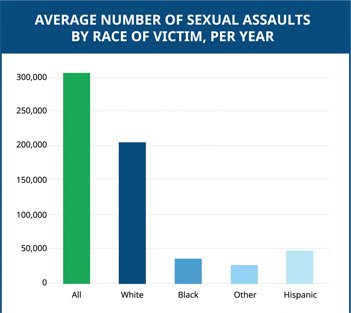
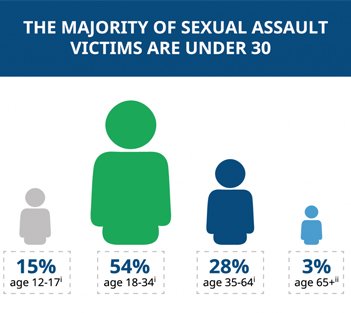
Once children are molested they are forcing themselves to do the same business due to their feelings like helplessness, shame, defectiveness, and self-blame.
We rescue those children and give them proper counseling to recover from that unpleasant situation.
We scrutinize such deserving needy students and fund them under SeedReaps providing them with the following essentials.
- Identify and prioritize the needy’s / victim’s psychological problems like fear, anxiety, nervousness, self-blame, anger, shame, dangers, and provide their needs.
- Give Effective Referrals and educate them on how to communicate effectively with society.
- Help victims to brainstorm and build effective support.
Join your hand with us for a better life and a beautiful future.
JOIN NOWAbused Children
In our society many children abused by their own family members for their hostile needs. Some kids are abused because of financial problems, there are some unfaithful people who use these kids as slavers, there are some agency running out there solely for this purpose they make those children as beggars by removing their body parts to look them pity.
Types of Abused Kids:
- Domestic abuse
- Sexual abuse
- Neglect
- Online abuse
- Physical abuse
- Emotional abuse
- Child sexual exploitation
- FGM-Female Genital Mutilation
- Bullying and Cyber bullying
- Child trafficking
- Grooming
- Harmful sexual behaviour
- Family issue children experience
- Parental mental health
- Parental substance misuse
- Separation, divorce and contact
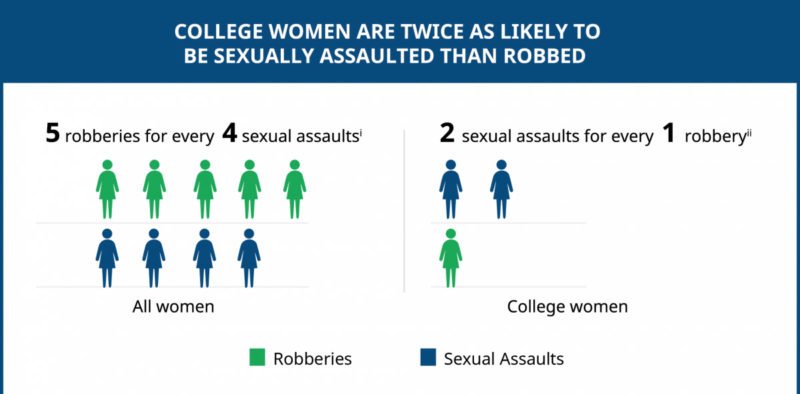
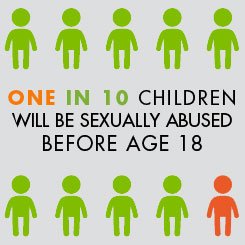
Seedreap’s solution:
We scrutinize such deserving needy students and fund them under SeedReaps providing them with the following essentials.
- Identify and prioritize the needy’s / victim’s psychological problems like fear, anxiety, nervousness, self-blame, anger, shame, dangers, and provide their needs.
- Give Effective Referrals and educate them on how to communicate effectively with society.
- Help victims to brainstorm and build effective support.
Join your hand with us for a better life and a beautiful future.
JOIN NOWAbandoned children
In most states parents have said that they “abandoned” their child after 2 years, they withholding contact and financial support with those children. In India, mostly Girl kids are abandoned by their parents. A child without parental care is one of the most painful things in life. Many kids dumped on a doorstep just because they are Girls.
Nowadays many children are abandoned because of the only reason that they are girl. Cases of newborn children being abandoned, dead or alive, are pending in different stages across police stations and courts. Typically children are being abandoned for illogical reasons.
Child abandonment is when a parent leaves their child. There are many causes of child abandonment, including poverty or mental illness. In many countries, if children are abandoned, they become orphans and live in an orphanage. They are raised there until they reach 18.
In those cases, seedreaps gives the hand to rescue those children to make them good and respected person in the society.
Primary causes of child abandonment :
- poverty or financial hardship,
- being a single parent,
- post-natal depression,
- a lack of sexual health education,
- poor knowledge regarding family planning,
- restrictions regarding access to abortion,
- the child having some form of disability,
- pregnancy as a result of rape,
- abuse or force by partner,
- a lack of services and resources to support parents who have children with disabilities.
Seedreap’s solution:
We scrutinize such deserving needy students and fund them under SeedReaps providing them with the following essentials.
- Identify and prioritize the needy’s / victim’s psychological problems like fear, anxiety, nervousness, self-blame, anger, shame, dangers, and provide their needs.
- Give Effective Referrals and educate them on how to communicate effectively with society.
- Help victims to brainstorm and build effective support.
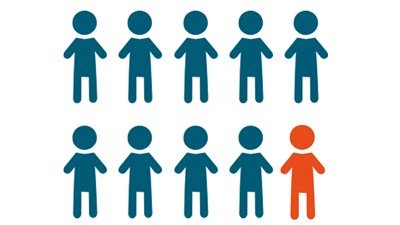
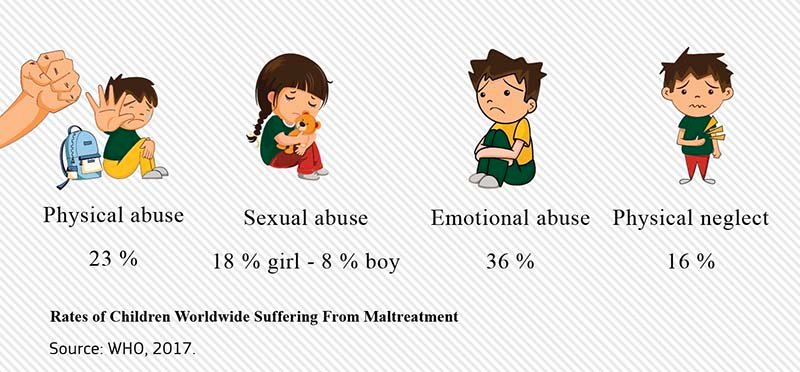
Join your hand with us for a better life and a beautiful future.
JOIN NOWChild Labour
More than 200 million children worldwide are still working as child laborers and a staggering 115 million at least, are subject to its worst forms. As per the National Census 2011, there are close to 10.1 million child laborers in India, in the age group of 5 to 14 years.
About 1.4 million child laborers in India in the age group of 7-14 years can’t write their names.
This means one in three child laborers in the above age group is illiterate. This is the grim reality of children who work for more than six months in a year. Even for children who support the family economy by working for less than six months in a year, which is very common in a country like India, the situation is equally, if not more, worse. A shocking 2 million of these marginal workers have compromised their education as well.
However, only ‘rescuing’ children, often will not help. What is required is addressing the reasons that force children to work. Children work mainly to help their families because the adults do not have appropriate employment and adequate income. Children also work because there is a demand for cheap labor in the market. When children are forced to work long hours their ability to get adequate nourishment and to attend school is limited, suppress them from gaining an education.
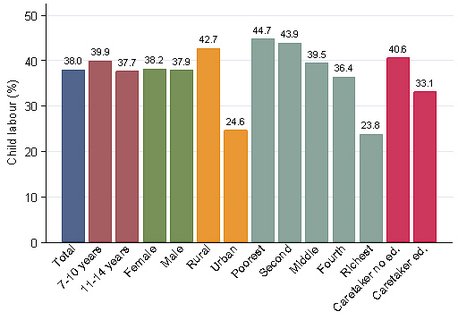
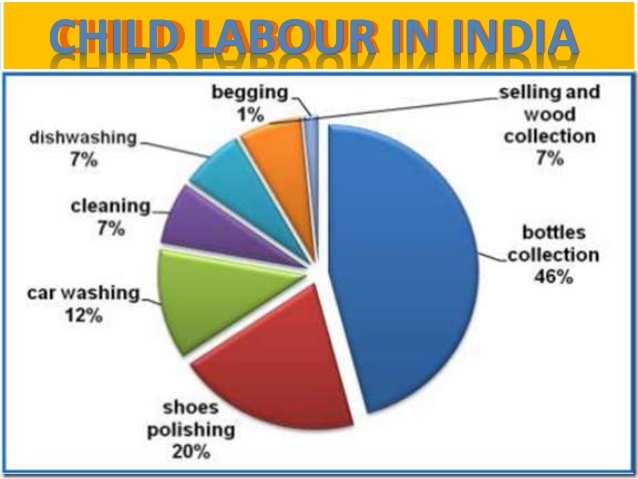
Our Ultimate Solution:
We scrutinize such deserving needy students and fund them under SeedReaps providing them with the following essentials.
- Identify and prioritize the needy’s / victim’s psychological problems like fear, anxiety, nervousness, self-blame, anger, shame, dangers, and provide their needs.
- Give Effective Referrals and educate them on how to communicate effectively with society.
- Help victims to brainstorm and build effective support.
Join your hand with us for a better life and a beautiful future.
JOIN NOWDrug Abused
Drug and Alcohol Abused Children:
The use and abuse of drugs by teenagers are common and can have multiple consequences. In the age range of 5-24 years, 50% of deaths (from accidents, homicides, suicides) involve alcohol or drug abuse. Drugs and alcohol also contribute to physical and sexual aggression, such as assault or rape. Possible stages of teenage experience with alcohol and drugs include abstinence (non-use), experimentation, regular use (both recreational and compensatory for other problems), abuse, and dependency. Repeated and regular recreational use can lead to other problems like anxiety and depression. Some teenagers regularly use drugs or alcohol to compensate for anxiety, depression, or a lack of positive social skills. Teen use of tobacco and alcohol should not be minimized because they can be "gateway drugs" for other drugs like marijuana, cocaine, hallucinogens, inhalants, and heroin. The combination of teenage curiosity, risk-taking behavior, and social pressure make it very difficult to say no. This leads most teenagers to ask the question, "Will it hurt to try one?"
Effects of Drug and Alcohol Abuse:
Short-term abuse:
- Mouth, esophageal, throat, liver, and breast cancer.
- Raised risk of heart problems, such as cardiomyopathy.
- Brain damage.
- Weakened immune system.
- Liver disease.
Long-term abuse:
- Nausea.
- Vomiting.
- Headaches.
- Slurred speech.
- Impaired judgment.
- Anxiety.
- Trouble concentrating.
- Memory loss.
- Problems breathing.
- Coma.
- Death
Our Ultimate Solution:
"We know education is the one-stop solution for all problems."
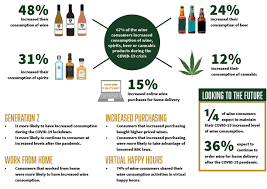

Join your hand with us for a better life and a beautiful future.
JOIN NOWPrisoner's Children
DOES HAVING AN INCARCERATED PARENT MEAN A CHILD WILL EVENTUALLY GO TO PRISON?
Child of prisoners need not be like a criminal. In many cases, they are treated as unfaithful children in society.
Most children experience embarrassment when their parent goes to jail. Some children also assume they are at fault or have done something that led to their parent’s incarceration, even when there was nothing they could do to prevent their parent from going to jail.
Children with a parent in jail or prison are teased more often at school and may internalize the stigma and experience lower self-esteem, especially if they identify with the incarcerated parent. Others may react with anger, defiance, and a desire for retaliation against those who reject and taunt them.
WHO DO MOST INCARCERATED PARENTS RELY ON TO TAKE CARE OF THEIR CHILDREN?
Eighty-eight percent of incarcerated fathers rely on the mother of the children to provide daily care and two percent rely on foster care. Thirty-seven percent of incarcerated mothers rely on the father to provide primary care, 45 percent rely on the children’s grandparents, 23 percent rely on other friends and relatives, and 11 percent rely on foster care. Sadly, “one in four children living with a grandmother lives in poverty, and a third do not have health insurance, while two-thirds of caregivers of children with incarcerated mothers reported not having the financial support needed to meet the necessary.
Ultimate solution:
We scrutinize such deserving needy students and fund them under SeedReaps providing them with the following essentials.
- Identify and prioritize the needy’s / victim’s psychological problems like fear, anxiety, nervousness, self-blame, anger, shame, dangers, and provide their needs.
- Give Effective Referrals and educate them on how to communicate effectively with society.
- Help victims to brainstorm and build effective support.
“We educate them, encourage them and bring them back to the society with dignity and decorum”
